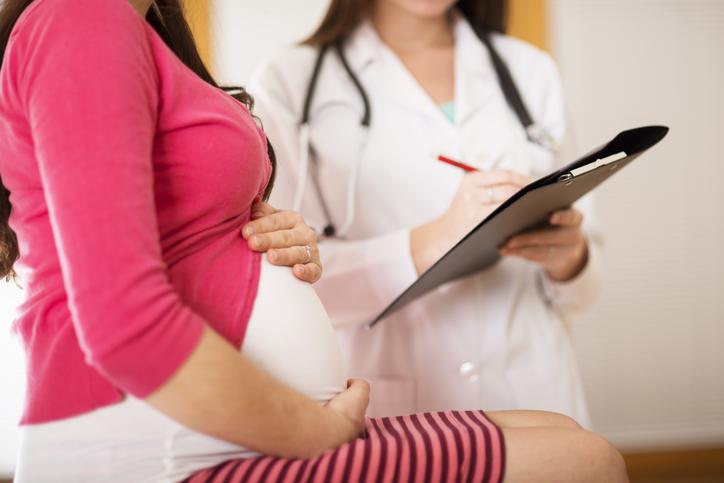While many studies have shown that COVID-19 pandemic-era school closures had negative effects on student mental health, a new study in JAMA Network Open shows the opposite: the re-opening of schools trigged an increased incidence of acute psychiatric emergencies, suggesting school can be a substantial source of stress for some students.
The study is based on 13,014 psychiatric emergency department (ED) visits at 9 university hospitals in Italy from January 1, 2018, to December 31, 2021.
The number of ED visits increased across the study period. The authors found school opening, but not social lockdown restrictions, were associated with an increase in the number of ED psychiatric visits (incidence rate ratio [IRR]1.29; 95% confidence interval [CI], 1.23 to 1.34).
Eating disorders, suicide attempts increased
For psychiatric visits overall, there was a notable increase in both females (IRR, 1.29; 95% CI, 1.25 to 1.33) and males (IRR, 1.18; 95% CI, 1.14 to 1.2).
Three areas of mental health saw the biggest jump in ED visits during the study period: eating disorders (increase of 294.8%), suicidal ideation (297.8%), and suicide attempt (249.1%).
For some students, the avoidance of stress-provoking social situations in school may translate into a temporary relief when school is closed
" For some students, the avoidance of stress-provoking social situations in school may translate into a temporary relief when school is closed," the study authors wrote. "The lack of habituation to managing social stress during school closure may then be associated with greater distress upon school reopening. Possible stress from risk of contagion upon returning to school is another factor to consider."

.jpg)
.jpg)









